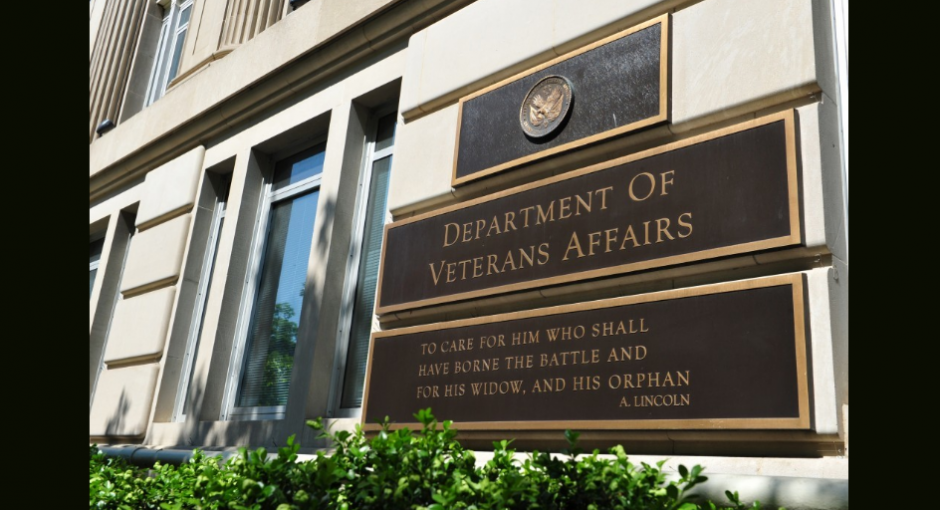U.S. Sen. Joe Manchin (D-W.Va.) has suggested that the U.S. Department of Veterans Affairs (VA) be empowered to negotiate drug prices on behalf of Medicare, an initiative that may impact the 340B program if it should come to fruition.
Manchin made the suggestion during a caucus meeting of Senate Democrats on Tuesday, according to the Politico Huddle newsletter.
Manchin publicly announced on Sunday he could not back the ambitious Build Back Better spending bill that would include numerous reforms to both pharmaceutical pricing and health care delivery, including allowing Medicare to negotiate drug prices under limited conditions.
“I will continue working with my colleagues on both sides of the aisle to address the needs of all Americans and do so in a way that does not risk our nation’s independence, security and way of life,” he said.
William von Oehsen, a principal with the Washington, D.C., law firm Powers Pyles Sutter & Verville, noted that the VA may have more leverage with drug manufacturers than Medicare or other federal health care programs. von Oehsen, an attorney who represents a range of 340B covered entities, helped draft the original 340B law as well as the expansion of the program to rural and children’s hospitals.
“I’m not sure what Senator Manchin has in mind, but I have always thought of the VA as having negotiating leverage that HHS currently lacks,” he said.
The VA “has historically received the best prices in the nation because it’s been able to negotiate sub-ceiling prices” that are even below the federal ceiling price (FCP), which is itself based on the non-federal average manufacturer price, von Oehsen observed. The VA, Department of Defense, Coast Guard, and the U.S. Public Health Service, another uniformed branch of the military, are entitled to prices at FCP or lower.
The FCP discounts are a legislative neighbor to 340B. The FCP was created under section 603 of the Veterans Health Care Act of 1992, while 340B was created under section 602. As of 2017, the VA purchases about $7 billion worth of drugs each year for the care of veterans. It’s a significant number but a fraction of the amount spent on drugs for Medicare enrollees each year.
“The VA still has to follow federal procurement requirements to negotiate sub-FCP prices so maybe (Manchin) wants to relax those requirements,” von Oehsen said.
It is unclear how a VA empowered to buy drugs at significant discounts for other federal programs might impact 340B covered entities or the discounts they receive, but von Oehsen believes it would come with some risk.
“It could adversely affect the 340B program in two ways. First, if Congress decided that manufacturers should be protected from giving 340B discounts and Medicare rebates on the same drugs, covered entities could end up losing their discounts to Medicare,” he said. “Second, manufacturers might respond to their new obligation to pay rebates on Medicare drugs by raising their prices across the board in the U.S. which would have the effect of raising 340B prices except to the extent the inflationary penalty kicks in.”
Manchin’s spokespersons did not immediately respond to a request from 340B Report seeking comment. A Manchin spokesperson told Politico Huddle that he had “an honest conversation with his colleagues for whom he has a great deal of respect.”


